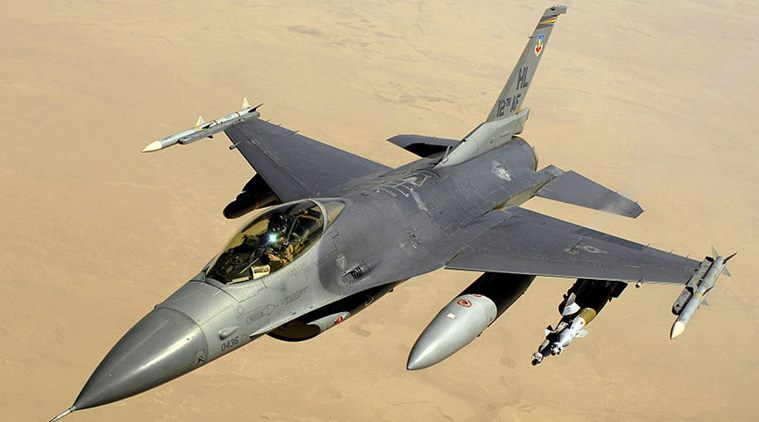As Islamabad’s jet hopes crash, the generals must heed evidence of mounting global frustration over Pak behaviour.
Pakistan received news this week that its air force will not be receiving eight new-generation F-16 combat jets for next to free. The development is evidence of mounting frustration at Pakistan’s behaviour in global capitals.
US President Barack Obama’s administration had announced, in February, that it had approved the sale to Pakistan of up to eight F-16 fighter jets in a deal valued at $699 million. The jets were to be largely paid for with US military aid — but Congress, concerned the aircraft would be used for fighting India, not terrorists, has compelled the administration to roll back its plans.
In addition, Congress voiced concern at Pakistan’s failure to deliver Taliban insurgents operating from its territory against Afghanistan. These fears are well founded. Late last month, following a murderous terrorist attack in Kabul, Afghan President Ashraf Ghani announced he was no longer seeking Pakistan’s help to bring about a dialogue with the Taliban. Instead, he called on Islamabad to use force against the Taliban’s leadership.
New Delhi’s frustrations are legion: On Tuesday, The Indian Express reported that secret training camps used by the Jaish-e-Muhammad to stage attacks against India had been quietly relocated, with no action against cadre or commanders.
This turning of the wheel, for more reflective diplomats in Islamabad, will not be bad news. For decades now, Pakistan’s relationship with foreign assistance has not been dissimilar to that of an alcoholic with the keys to a brewery.
Elevated, in the wake of the Soviet Union’s intervention in Afghanistan, to a key Cold War ally of the US, Islamabad leveraged its strategic position to pursue what its military saw as core national objectives — nuclear weapons, and proxy war through jihadists. For Pakistan’s generals, 9/11 ensured impunity from sanction, for long after the Cold War had ended.
The reality, however, is that the pursuit of these policies has engendered great dysfunctions in Pakistan’s policy and political life. Pakistan’s state sponsorship of jihad is, today, claiming the lives of more of its own citizens than those of its adversaries.
Though it will be tempting for the generals who shape Pakistan’s strategic course to imagine that China will step in as an alternate superpower patron, this belief is delusional.
China does have tactical equities in Pakistan, but no more interest in subsiding Islamabad’s region-threatening adventures than the US. “The millstones of the gods grind late,” the great sceptic philosopher Sextus Empiricus said, “but they grind fine.”
Time is, indeed, grinding Pakistan’s strategic paradigm into the dust. It is time for the generals to listen up.

























2 Comments